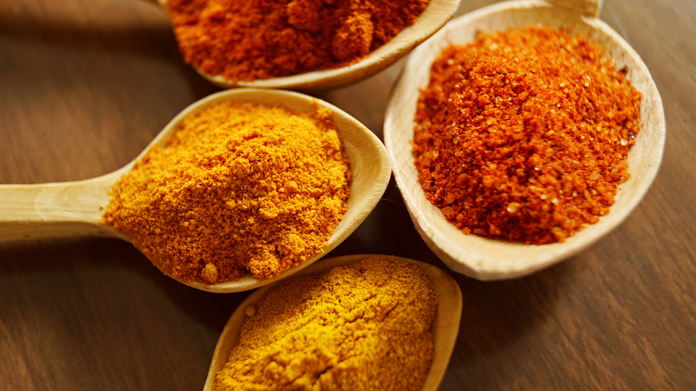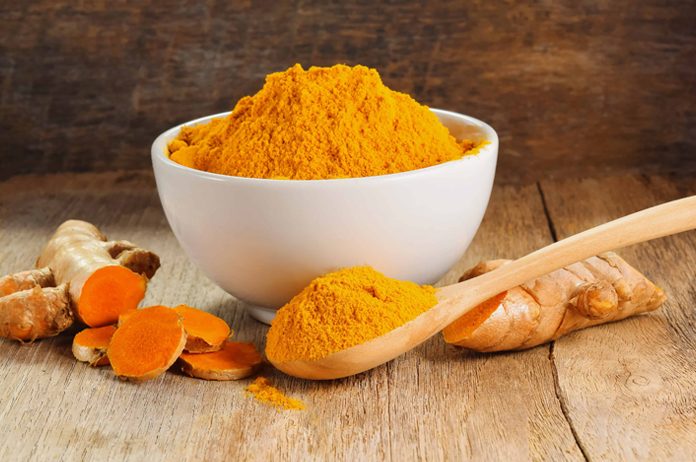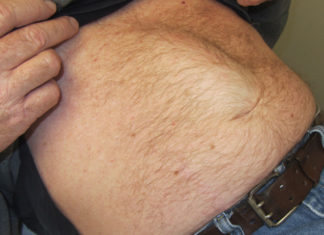People worldwide have associated turmeric with its many healing properties and benefits related to cosmetics for ages. The bright, yellow-orange flowering plant belongs to the ginger family. Its roots are used as a spice for cooking or supplements for beauty and dermatology.
Turmeric mainly gets the attributes for health benefits because of curcumin which is a bioactive component. Curcumin carries properties of antioxidants and anti-inflammatory, which makes turmeric beneficial for us.
Modern scientific researchers continue to study and establish the positivity of turmeric and how it offers several benefits for the skin. As you read through this article, you learn the several benefits of turmeric.
In fact, turmeric is one of the most effective and healthy nutritional supplements ever. With high-quality evidence and studies, it has been declared that turmeric has significant health benefits for not just our body but also our brain. Let us look at the exact benefits of turmeric that one must know.
Benefits of Turmeric and Curcumin
Turmeric spice adds a yellow colour to the curry. Turmeric has been used as a very common and popular spice by Indians for food and medicinal advantages.
1. Bioactive Compounds and Strong Medicinal Value of Turmeric
Science has shown precisely why Indians have trusted turmeric for ages. It contains some outstanding compounds with medicinal properties called curcuminoids.
Curcumin is the most active and essential ingredient in turmeric that contains strong anti-inflammatory benefits and acts as an anti-oxidant. Turmeric extracts are all the better as they carry the appropriate amount necessary for regular dosage. Through cooked food, a sufficient quantity may not be achieved. Hence it is better to take the supplements which a significant curcumin amount for the best results.
However, curcumin does not get absorbed by the blood properly. The best supplements of curcumin include piperine that is effective for our health. Curcumin also dissolves fat, and it is ideal for fatty foods.
2. Carries Natural Anti-Inflammatory Compounds
Inflammation helps the body fight foreign invaders like bacteria, and it also performs an essential role in repairing the damage caused. Acute and short-term inflammation is sometimes beneficial, but it turns into a problem when it becomes a chronic thing and attacks the body’s tissues.
Curcumin is powerfully anti-inflammatory, and it can fight chronic inflammation and treats diseases. Turmeric’s curcumin is a strong bioactive substance that acts as a medicinal drug at the molecular level without negative side effects.
3. Turmeric Acts as an Antioxidant Agent for the Body
Oxidative damage is said to be one of the major reasons behind increasing age and several diseases. It includes radicals that are free and reactive molecules with electrons. Free radicals generally react with organic substances like fatty acids, proteins, and DNA. Antioxidants protect your body from free radicals.
And, turmeric or curcumin is an antioxidant that neutralizes the free radicals. Moreover, it boosts the body’s antioxidant enzymes. These double antioxidant effects block the radicals and stimulate the defence system of the body.
4. Curcumin Boosts Brain Function and Reduces the Risk of Brain Diseases
Neurotrophic factor derived from the brain acts as a growth hormone that helps in brain functions. Many common brain disorders have been related to reducing levels of this hormone-like what happens in depression and Alzheimer’s disease.
However, curcumin in turmeric helps increase the brain-derived neurotrophic factor, which helps delay the chances of brain diseases and age-related factors that decrease brain function capacity. It also improves memory power.
5. Curcumin Lowers the Heart Disease Risk
Heart disease is a major reason for many deaths around the world. Curcumin plays a significant role in reversing heart disease. Curcumin improves the function of endothelium or the lining of the blood vessels. Endothelial dysfunction can lead to heart disease.
Besides, curcumin lowers inflammation and improves oxidation, which further improves heart conditions.
6. Turmeric Helps to Prevent Cancer
Breast cancer, skin cancer or any cancer is a dangerous disease that leads to abnormal cell growth. And, curcumin in turmeric acts as a beneficial herb for the treatment of cancer. It also affects cancer growth, development, and spread.
It can eventually kill the cancer cells, reduce angiogenesis or the growth of new blood vessels in tumours, and avoid metastatic cancer.
7. Useful in Stopping and Treating Alzheimer’s Disease
Alzheimer’s disease is a neurodegenerative disease that eventually leads to dementia. But, there has been no effective treatment for it and so avoiding it from happening is what you can do with turmeric. Inflammation and the oxidative issue can also lead to Alzheimer’s disease, and curcumin in turmeric is beneficial and effective in improving the condition.
Moreover, Alzheimer’s disease happens from the buildup tangles of a protein called amyloidal plaques, and curcumin helps to clear these plaques of protein.
8. Turmeric has Helped Arthritis Patients
Turmeric or curcumin supplements have benefitted arthritis patients as it reduces inflammation in the joints. As we know already that curcumin is anti-inflammatory, and so it helps with arthritis. People with rheumatoid arthritis have been benefitted from curcumin supplements that are a potent anti-inflammatory drug.
9. Curcumin Helps with Depression
Curcumin has shown significant improvement from depression. According to many studies, curcumin also acts effectively as an antidepressant. Depression is also associated with low levels of a brain-derived neurotrophic factor and shrinking or reducing hippocampus, which is the brain area that deals with learning and memory power.
Curcumin helps to boost brain-derived neurotrophic factors. Moreover, curcumin can also boost the neurotransmitters of the brain like dopamine and serotonin.
10. Curcumin Helps to Fight Age-Related Chronic Diseases
Curcumin helps to delay age-related problems like heart disease, Alzheimer’s disease, and cancer. This is the reason why curcumin supplements have become popular among older people. Inflammation and oxidation are common problems related to growing age, and curcumin functions way beyond just preventing diseases to one.
Turmeric Benefits for Skin
A cup of turmeric tea each day is beneficial for the proper internal functioning of the body and the skin. Let us see the turmeric benefits for the skin.

- Turmeric gives a natural glow to the skin as it contains antioxidants and anti-inflammatory properties.
- The curcumin in turmeric helps to heal the wounds by reducing inflammation and oxidation. Studies have shown that turmeric positively affects collagen and tissues.
- The antioxidant and anti-inflammatory properties of turmeric help to improve the psoriasis conditions by controlling flares, patches, and flaky skin and other common symptoms of it.
- The anti-inflammatory benefits of turmeric help to reduce the skin pores and scars. This combination helps to lessen the acne spots on the face too.
- Turmeric helps to reduce the problems of scabies.
- Turmeric also reduces other skin issues like eczema, lichen planus, alopecia, and other skin related problems.
It is necessary to know the turmeric benefits for skin before one uses it. However, it is also essential to know the right proportion in which it is to be applied.
Risk Factors Associated with Turmeric
There are certain risks also involved with the excessive use of turmeric. It is essential to know the necessary dosage of turmeric and the type of supplements one is using.
Turmeric has a low level of bioavailability which means the metabolism burns it off quickly, but the body does not absorb much of it. Avoid taking a lot of turmeric at the same time. If you are already under other medication, it is best to consult with the doctor before you take turmeric. Turmeric can also leave yellow colour patches on your skin which does not look good. If you are allergic to turmeric, direct contact with the skin can lead to irritation, itching, redness, and swelling.
Turmeric and its active compound, curcumin, has scientifically proved the health benefits. The benefits of turmeric on the skin is one of the significant reasons why it is used widely.






